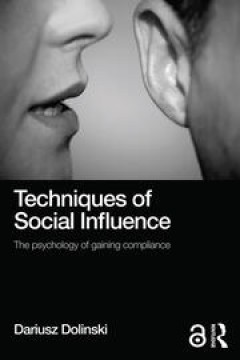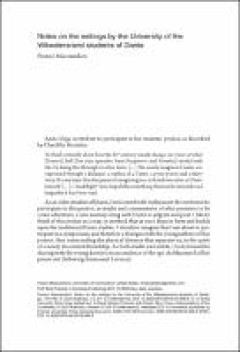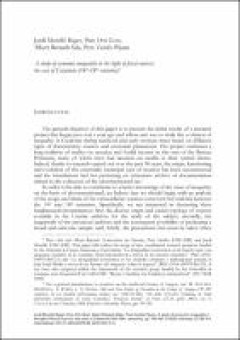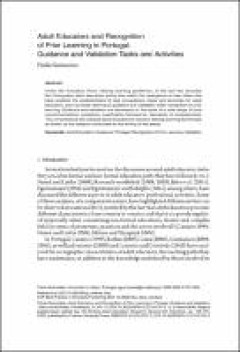Filter by

Fallgirls : Gender and the Framing of Torture at Abu Ghraib
Fallgirls provides an analysis of the abuses that took place at Abu Ghraib in terms of social theory, gender and power, based on first-hand participant-observations of the courts-martials of Lynndie England and Sabrina Harman. This book examines the trials themselves, including interactions with soldiers and defense teams, documents pertaining to the courts-martials, US government reports and p…
- Edition
- -
- ISBN/ISSN
- 9781315581897
- Collation
- -
- Series Title
- -
- Call Number
- 306

Hate Speech Law : A Philosophical Examination
Hate speech law can be found throughout the world. But it is also the subject of numerous principled arguments, both for and against. These principles invoke a host of morally relevant features (e.g., liberty, health, autonomy, security, non-subordination, the absence of oppression, human dignity, the discovery of truth, the acquisition of knowledge, self-realization, human excellence, civic di…
- Edition
- -
- ISBN/ISSN
- 9781315714899
- Collation
- -
- Series Title
- -
- Call Number
- 306

Managing Modern Healthcare : Knowledge, Networks and Practice
Until now, research has given us only a limited understanding of how managers actually make sense of and apply management knowledge; how networks of interaction amongst managers help or hinder processes of knowledge diffusion and the sharing of best practice; and how these processes are all influenced both by the organisations in which managers act and by the professional communities of practic…
- Edition
- -
- ISBN/ISSN
- 9781315658506
- Collation
- -
- Series Title
- -
- Call Number
- 330

Techniques of Social Influence : The psychology of gaining compliance
Every day we are asked to fulfil others’ requests, and we make regular requests of others too, seeking compliance with our desires, commands and suggestions. This accessible text provides a uniquely in-depth overview of the different social influence techniques people use in order to improve the chances of their requests being fulfilled. It both describes each of the techniques in question an…
- Edition
- -
- ISBN/ISSN
- 9781315746876
- Collation
- -
- Series Title
- -
- Call Number
- 330

Argentina's Economic Reforms of the 1990s in Contemporary and Historical Pers…
Why has Argentina suffered so much political and economic instability? How could Argentina, once one of the wealthiest countries in the world, failed to meet its potential over decades? What lessons can we take from Argentina's successes and failures? Argentina’s economy is - irresistibly - fascinating. Argentina's economic history - its crises and its triumphs cannot be explained in pu…
- Edition
- -
- ISBN/ISSN
- 9781315669625
- Collation
- -
- Series Title
- -
- Call Number
- 370

Chapter Notes on the writings by the University of the Witwatersrand students…
I welcomed with enthusiasm the invitation to participate in the project of the young dantisti of the University of the Witwatersrand, as described by Chariklia Martalas: “To think critically about how the 21st century would change our views of Dante’s Divine Comedy if we interpret it through creative form.†I like to think of this project as a way, or method, that at once dep…
- Edition
- -
- ISBN/ISSN
- 9788855184588
- Collation
- Pages 18
- Series Title
- -
- Call Number
- 372 MAS c

Chapter A study of economic inequality in the light of fiscal sources: the ca…
This essay aims to present the first results of an ongoing research project devoted to study the evolution of the economic inequality in Catalonia based on different documentary sources and parameters. Here we focus on the strengths and limits of the rich fiscal sources preserved between the 14th and 18th century allowing us an analysis of inequality. This study is limited to the period before …
- Edition
- -
- ISBN/ISSN
- 9788855180535
- Collation
- 23 pages
- Series Title
- -
- Call Number
- 330 CHA

Chapter Adult Educators and Recognition of Prior Learning in Portugal: Guidan…
Under the European Union lifelong learning guidelines, in the last two decades the Portuguese adult education policy has noted the emergence of new offers that have enabled the establishment of new occupations, tasks and activities for adult educators, such as those referring to guidance and validation within recognition of prior learning. Guidance and validation are developed on the basis of a…
- Edition
- -
- ISBN/ISSN
- 9791221501513
- Collation
- 16 pages
- Series Title
- -
- Call Number
- 305 GUI u

Chapter Drapers and tailors. Fashion and consumption in medieval Catalonia
The range of textiles available in markets across the western Mediterranean expanded significantly during the thirteenth century. Cloth retailers, or drapers, constituted a fundamental link between merchants and consumers, using a network of local markets with specific spaces for selling cloth. They were able to sell a wide range of commodities, including Flemish and French woollens, to satisfy…
- Edition
- -
- ISBN/ISSN
- 9788855185653
- Collation
- -
- Series Title
- -
- Call Number
- 380 TOF c

An Introduction to Logic
Originally published in 1969. This book is for undergraduates whether specializing in philosophy or not. It assumes no previous knowledge of logic but aims to show how logical notions arise from, or are abstracted from, everyday discourse, whether technical or non-technical. It sets out a knowledge of principles and, while not historical, gives an account of the reasons for which modern systems…
- Edition
- -
- ISBN/ISSN
- 9780367853921
- Collation
- -
- Series Title
- -
- Call Number
- 306
 Computer Science, Information & General Works
Computer Science, Information & General Works  Philosophy & Psychology
Philosophy & Psychology  Religion
Religion  Social Sciences
Social Sciences  Language
Language  Pure Science
Pure Science  Applied Sciences
Applied Sciences  Art & Recreation
Art & Recreation  Literature
Literature  History & Geography
History & Geography